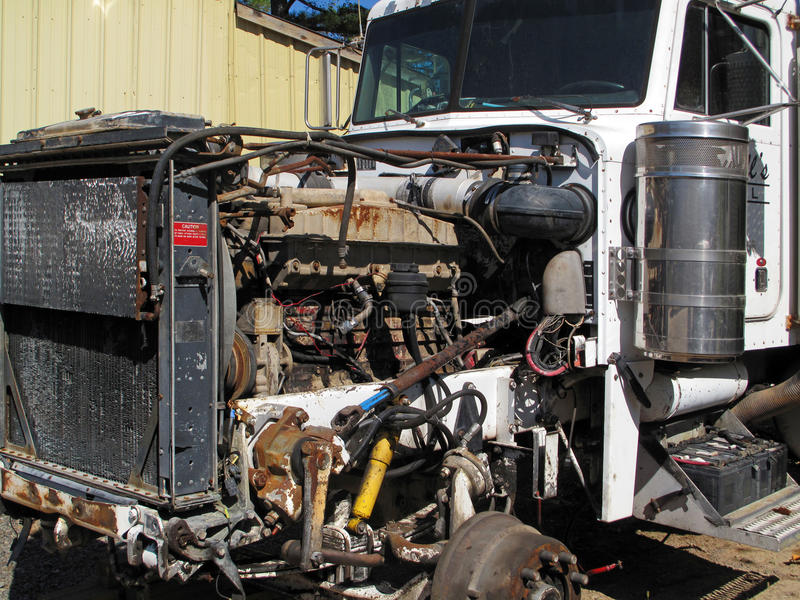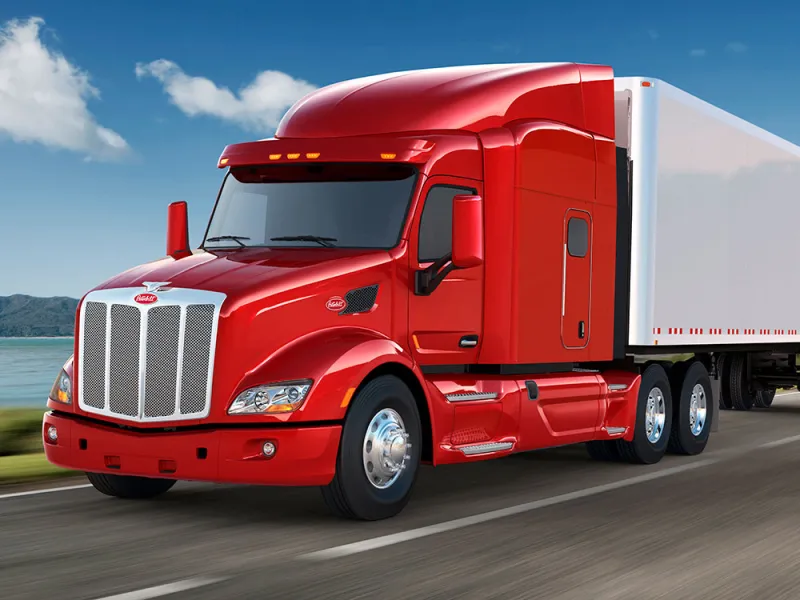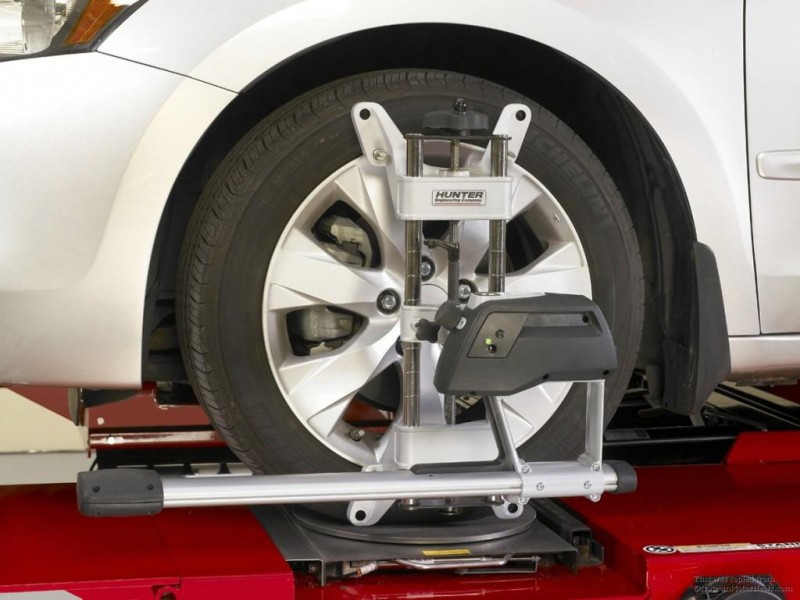
As a truck owner, you understand the importance of efficiency and cost-effectiveness. One area where you can significantly reduce expenses is by improving your truck’s mileage. By implementing a few simple tips, you can enhance fuel efficiency, minimize maintenance costs, and save money in the long run. In this blog, we will discuss practical strategies that can help you achieve these goals and maximize your truck’s performance.
Maintain a Regular Service Schedule
Routine maintenance is crucial for optimizing fuel efficiency. Regularly servicing your truck ensures that all components are in good working condition, reducing the chances of mechanical issues that could negatively impact fuel consumption. Schedule regular oil changes, filter replacements, and engine tune-ups to keep your truck running smoothly.
Check Tire Pressure
Properly inflated tires are essential for fuel efficiency. Underinflated tires increase rolling resistance, causing the engine to work harder and consume more fuel. Regularly check your truck’s tire pressure and inflate them to the manufacturer’s recommended levels. This simple step can significantly improve your mileage and extend the lifespan of your tires.
Reduce Excessive Idling
Excessive idling can waste a substantial amount of fuel. If you anticipate being stationary for more than a minute, consider turning off your engine. Idling for long periods consumes unnecessary fuel and contributes to increased emissions. By reducing idle time, you can conserve fuel and save money.
Drive Smoothly and Avoid Rapid Acceleration
Aggressive driving habits, such as rapid acceleration and sudden braking, can significantly decrease your truck’s fuel efficiency. Practice smooth and gradual acceleration, and maintain a consistent speed whenever possible. By driving calmly and anticipating traffic conditions, you can reduce unnecessary fuel consumption and minimize wear and tear on your vehicle.
Optimize Aerodynamics
The aerodynamics of your truck play a crucial role in fuel efficiency, especially at higher speeds. Reduce wind resistance by keeping your truck’s windows closed and removing unnecessary external accessories that create drag. Additionally, consider installing aerodynamic add-ons, such as side skirts or a front air dam, to enhance your truck’s aerodynamics further.
Lighten the Load
Carrying excess weight in your truck increases fuel consumption. Regularly clean out unnecessary items from your truck bed and interior. The lighter your truck, the less fuel it will consume. Prioritize essential tools and equipment, and remove any items that are not required for your current trip.
Plan Efficient Routes
Planning your routes in advance can help you avoid traffic congestion, reduce idle time, and choose the most direct paths. Utilize navigation apps or GPS devices specifically designed for trucks, which can provide real-time traffic updates and suggest alternative routes. By reducing the time spent on the road and optimizing your routes, you can save both time and fuel.
Improving your truck’s mileage is a win-win situation, benefiting both your wallet and the environment. By following these tips, you can enhance fuel efficiency, save money on fuel expenses, and minimize the need for frequent repairs. Remember, consistent maintenance, sensible driving habits, and smart decision-making can go a long way in maximizing your truck’s performance while reducing your overall costs. Implement these strategies today, and enjoy the benefits of improved mileage and savings for years to come.
To get more information about us, follow us on Facebook and Instagram. Or call us right now for a road service on: repairtrucktrailer.com




